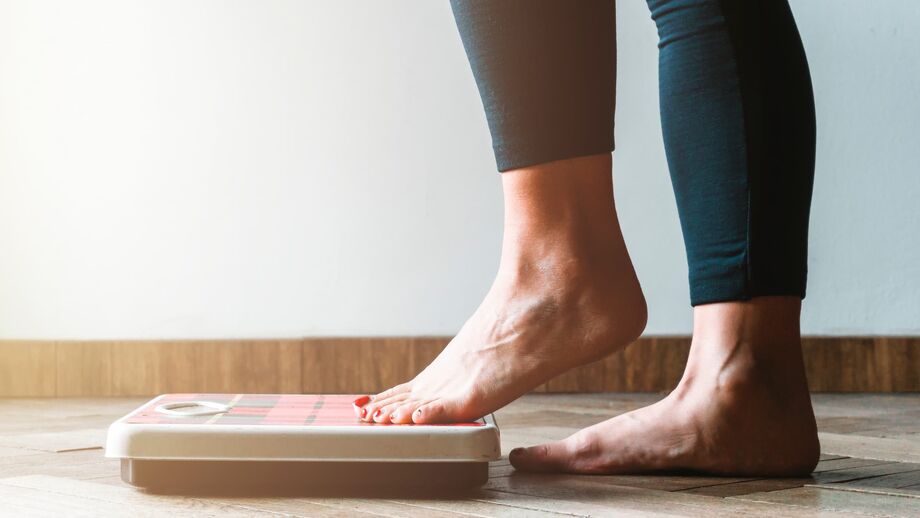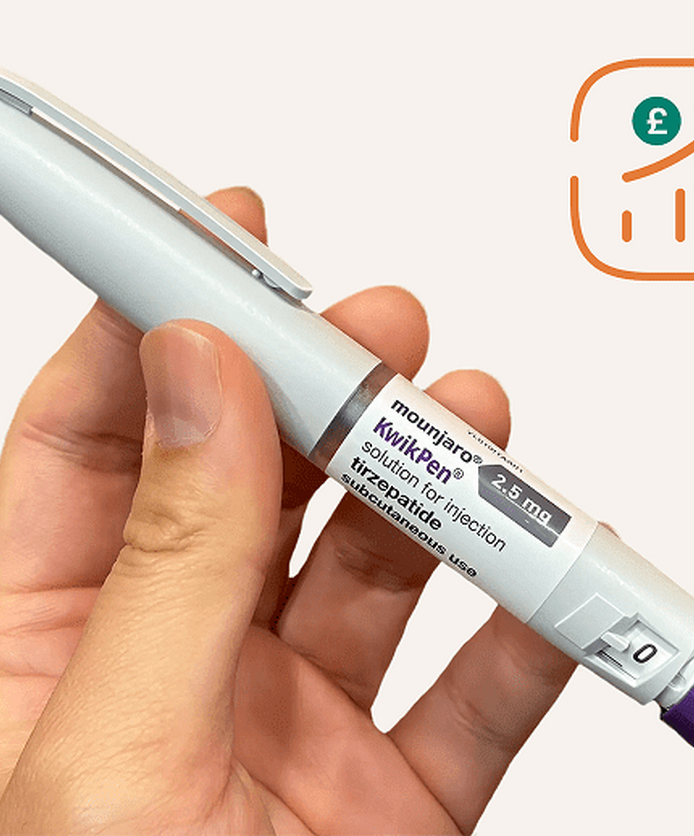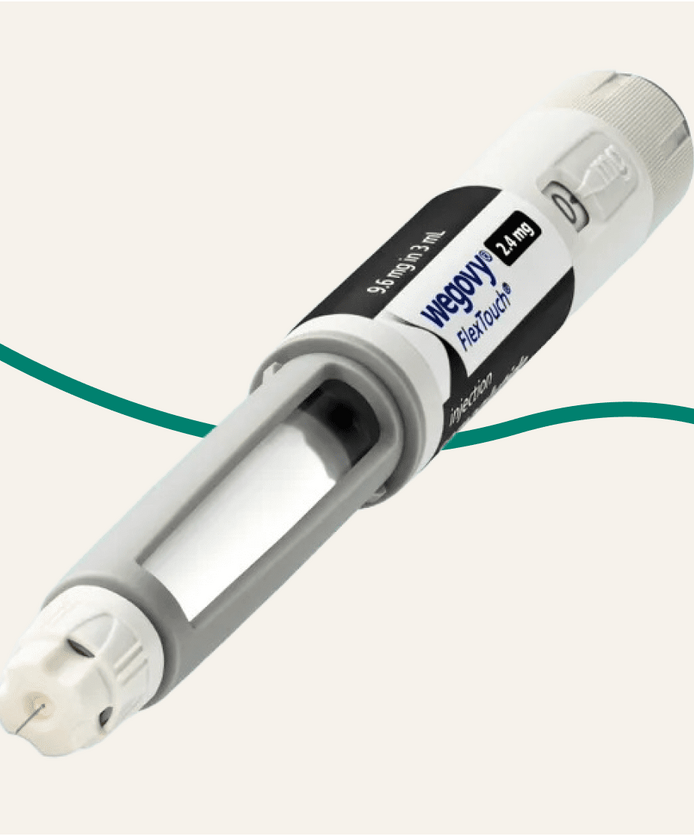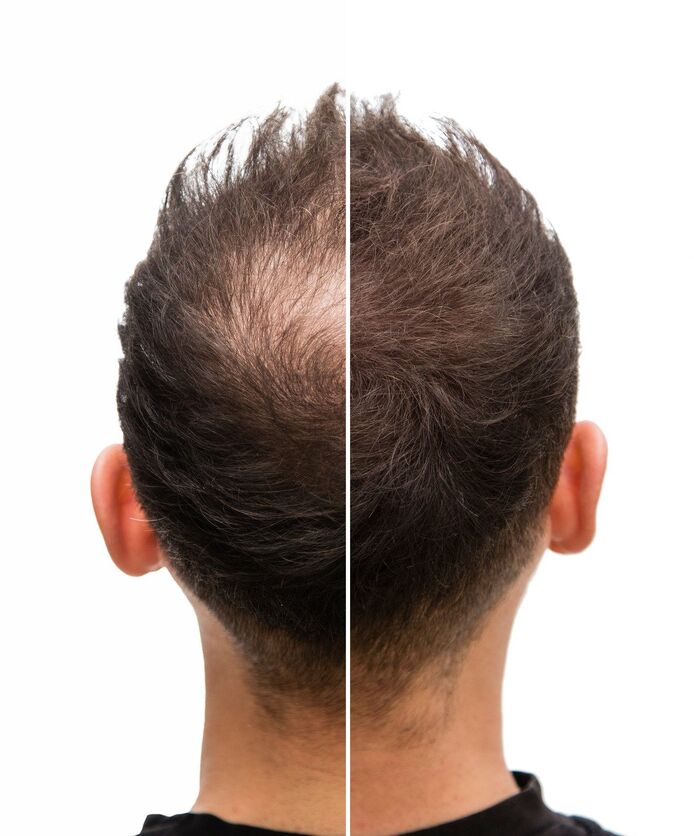Can you maintain weight loss after stopping Wegovy?

It’s well known that maintaining your weight after weight loss can be tricky, and many people regain some or all of their original weight after reaching their target and stopping weight loss medications. But is this inevitable?
Research suggests that, for those who take Wegovy, patients regain an average of two-thirds of their original weight after stopping the treatment. This can be demoralising to hear, but it’s important to remember that even keeping a small amount of weight off can have big impacts on your metabolic, cardiovascular and overall health.
Because of these findings, the manufacturers of Wegovy, Novo Nordisk, encourage ongoing treatment in order to maintain weight loss and see the best results from the medication. The data, they say, indicates that obesity is a chronic condition similar to high blood pressure or high cholesterol levels, and so a chronic treatment is needed.
However, this can be hard to achieve in practice, as multiple factors such as weight loss plateaus, financial strain and unpleasant side effects can all play a role in an individual wanting to quit Wegovy. It’s also true that the NHS recommends not taking semaglutide for longer than two years.
So, if you want to stop taking semaglutide, what can you do to help avoid weight regain?
How to maintain weight loss after Wegovy
There are a number of things you can do to limit weight regain after taking semaglutide (Wegovy). These can help to make it easier for you to keep weight off and stay closer to your ideal figure.
Taper off your dosage
Studies from a research team at Embla, a Danish and British-based digital weight loss clinic, suggest that there may be benefits to tapering your dose of semaglutide in order to reduce the risk of weight regain.
The logic behind this is similar to that of slowly cutting down on alcohol or cigarettes rather than going cold turkey; it gives your body time to adjust to lower levels of the active drug (in this case, semaglutide) so that it isn’t such a shock to your system when you stop taking the drug altogether.
The study looked at 85 participants of a wider Wegovy study who tapered their intake to zero over an average period of nine weeks after reaching their target weight. Six months later, these patients had maintained their weight loss, even losing a further 1.5% of their initial weight after stopping semaglutide completely.
This suggests that tapering your dosage of semaglutide prior to stopping the medication may help you to keep the weight off afterwards, possibly by helping your body to adjust to lower levels of semaglutide before being cut off completely.
Important! Always speak to a healthcare professional before adjusting your dose of any medication, including semaglutide (Wegovy).
Combine medication with exercise
The official advice from the manufacturers of Wegovy is that you should take the medication alongside a reduced calorie diet and an increase in physical activity. That’s because exercising more helps you to burn more calories and avoid weight gain.
A 2024 Lancet-published study carried out on the effects of liraglutide, a similar weight loss medication, found that those who used a supervised exercise programme to lose weight (whether exercise alone was used or exercise in conjunction with liraglutide) continued to report higher levels of physical activity a year after stopping their initial weight loss method.
Additionally, this study found that those who used a combination of liraglutide and exercise to lose weight managed to maintain the weight loss and body-fat reduction in comparison to those who only used the medication. When comparing those who completed the supervised exercise without medication and those who used medication alone, the liraglutide users gained, on average, 6kg more back after stopping treatment.
Manage your calorie intake
Wegovy works by mimicking substances within your body that ‘tell’ your brain that you’re full up. It’s an appetite suppressant, meaning that it makes you feel less hungry. Once you come off Wegovy, though, your appetite will no longer be suppressed - and some researchers speculate that a learned reliance on the appetite suppressant compounds within Wegovy may lead to your appetite increasing excessively after you stop taking the medication.
In other words, you might end up with an appetite that’s bigger than it was before you started the medication.
Because of this, it’s important to manage your diet effectively to avoid overeating. While calorie-counting can be difficult and in some circumstances problematic, finding a way to objectively measure or estimate how many calories you’re consuming can help to prevent you from accidentally increasing your diet to match your appetite post-Wegovy.
Strategies that may help include:
- Drinking water before eating
- Using smaller plates and bowls to make portions look larger
- Taking note of portion size information on food packaging
- Waiting 20 minutes after a meal or snack to see if you still feel hungry.
Feeling more hungry is another reason why increasing your physical activity can help you to manage your weight after stopping semaglutide. Exercising more can help you to burn off excess calories consumed due to an increased appetite, making it easier to avoid weight gain.
Redirect triggers
Last but not least, addressing some of the psychological triggers for overeating may help you to limit weight regain after Wegovy.
In some cases, emotional stress can lead to eating more than we need out of a desire for comfort - but this can lead to more distress over time as a result of regaining weight and missing out on healthcare goals.
One option, of course, is to tackle sources of emotional stress - whether that’s a high-pressure job, a big project looming on the horizon or a relationship that’s doing more harm than good. But it isn’t possible or realistic to remove all sources of stress from your life, so another technique is to redirect your instinctual needs into healthier habits.
In the example of comfort eating, that might mean finding healthier alternatives to common comfort foods, such as frozen yoghurt instead of ice cream. On the other hand, you might find it more helpful to step away from comfort eating altogether and use other distractions, such as books, TV or even exercise, to help deal with stress.
Maintaining weight after weight loss is rarely easy, but there are techniques you can try to help achieve your weight loss goals long term. For tailored advice, speak to a healthcare professional.
Further reading
https://www.wegovy.com/content/dam/obesity/wegovy/images/pdf/Wegovy_Patient_Brochure_Digital_2023.pdf
https://www.bbc.co.uk/future/article/20240521-what-happens-when-you-stop-taking-ozempic
https://easo.org/is-coming-off-semaglutide-slowly-the-key-to-preventing-weight-regain/
https://www.thelancet.com/journals/eclinm/article/PIIS2589-5370(24)00054-3/fulltext
https://www.bhf.org.uk/informationsupport/heart-matters-magazine/medical/ask-the-experts/wegovy
https://www.nhs.uk/conditions/obesity/treatment/
https://healthmedia.blog.gov.uk/2023/09/04/accessing-wegovy-for-weight-loss-everything-you-need-to-know/
https://www.bhf.org.uk/informationsupport/heart-matters-magazine/nutrition/weight/perfect-portions/top-tips-for-portion-control

What to Do About the Mounjaro Price...

Does Propecia work?

Switching from Mounjaro to Wegovy:...

What are the side effects of Propecia?

What is Propecia?

